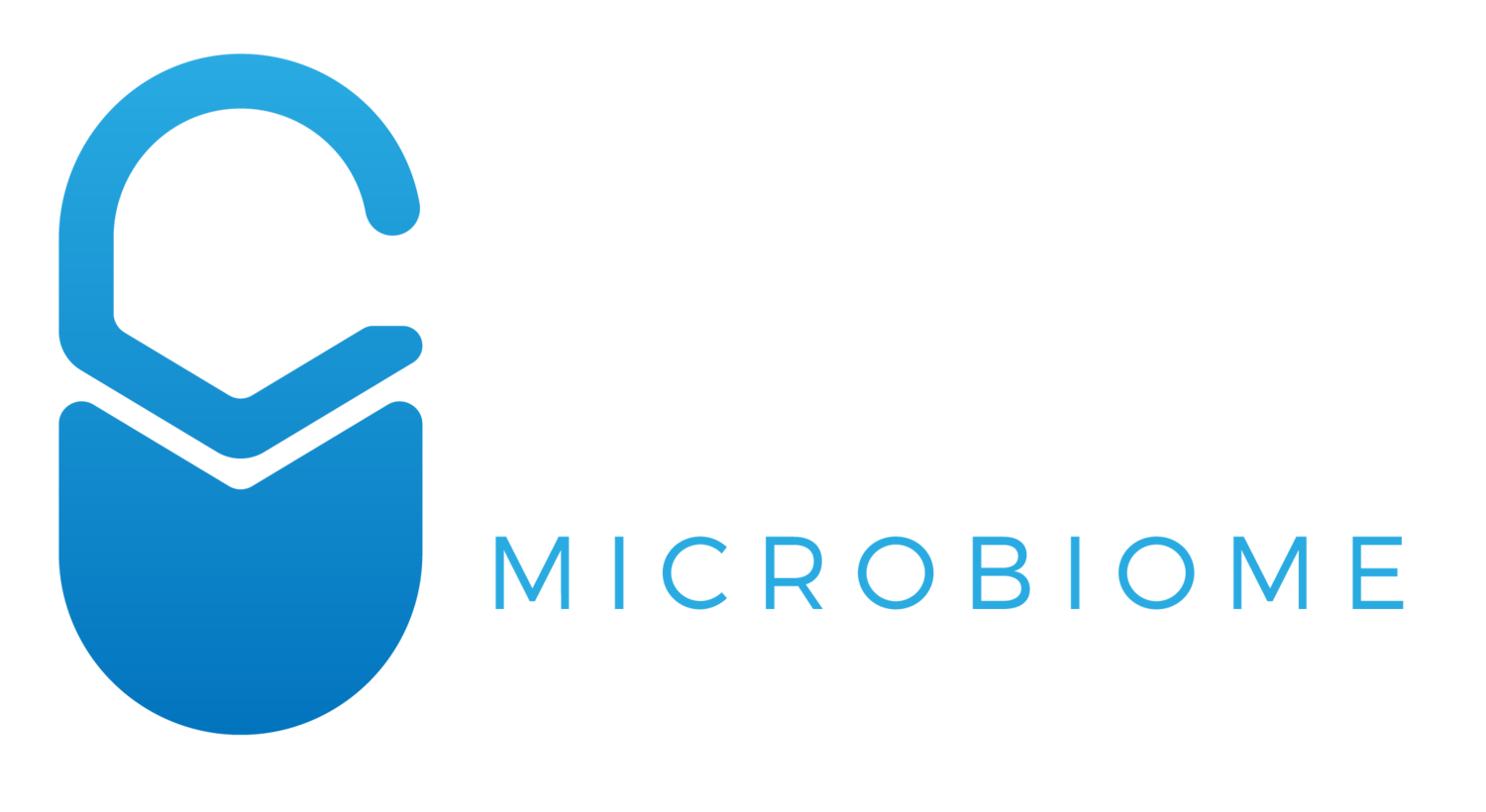How to Improve Endurance Using Probiotics: A Comprehensive Guide
Improving endurance using probiotics is an emerging area of research. Probiotics, often referred to as “good bacteria”, are live microorganisms that provide health benefits when consumed in adequate amounts. While most commonly associated with gut health, emerging evidence suggests they may also play a role in exercise performance and recovery. Here’s how to approach enhancing endurance with probiotics:
1. Understand the Connection:
• Gut Health and Immunity: Exercise, especially prolonged and intense ones, can temporarily suppress the immune system, making athletes more susceptible to illnesses. Probiotics can enhance gut health, which in turn can boost the immune system.
• Reducing Inflammation: Some studies suggest that probiotics might reduce exercise-induced inflammation, which can help in quicker recovery and improved subsequent performance.
• Lactic Acid: Certain strains of probiotics may help with the breakdown of lactic acid, potentially delaying the onset of fatigue.
2. Choose the Right Strain:
Not all probiotics are the same. Specific strains have been researched for their potential endurance-enhancing benefits. Examples include:
• Lactobacillus acidophilus
• Bifidobacterium bifidum
• Lactobacillus rhamnosus
It’s crucial to select a probiotic supplement that contains these strains or others shown to have benefits related to exercise and recovery.
3. Proper Dosage:
The effective dose of probiotics can vary based on the strain and the desired health outcome. Generally, daily doses range from 1 billion to 10 billion colony-forming units (CFUs). Always consult with a healthcare professional to determine the right dosage for you.
4. Incorporate Probiotic-Rich Foods:
In addition to supplements, you can consume foods naturally rich in probiotics, such as:
• Yogurt
• Kefir
• Sauerkraut
• Kimchi
• Miso
• Tempeh
5. Prebiotics Are Essential:
Prebiotics are non-digestible food components that promote the growth and activity of beneficial gut bacteria. Consuming prebiotics can help the probiotics in your system flourish. Foods rich in prebiotics include:
• Garlic
• Onions
• Bananas
• Asparagus
• Whole grains
6. Monitor Your Body:
Pay attention to how your body responds after introducing probiotics. Some people may experience digestive discomfort initially.
7. Stay Updated with Research:
The field of probiotics and their influence on exercise and endurance is continually evolving. Staying updated with recent scientific findings can provide insights into optimizing the benefits.
Conclusion:
While the potential of probiotics to improve endurance is promising, it’s essential to understand that they are just one piece of the puzzle. A balanced diet, proper training, adequate rest, and hydration remain fundamental for any athlete or individual seeking to improve endurance.
